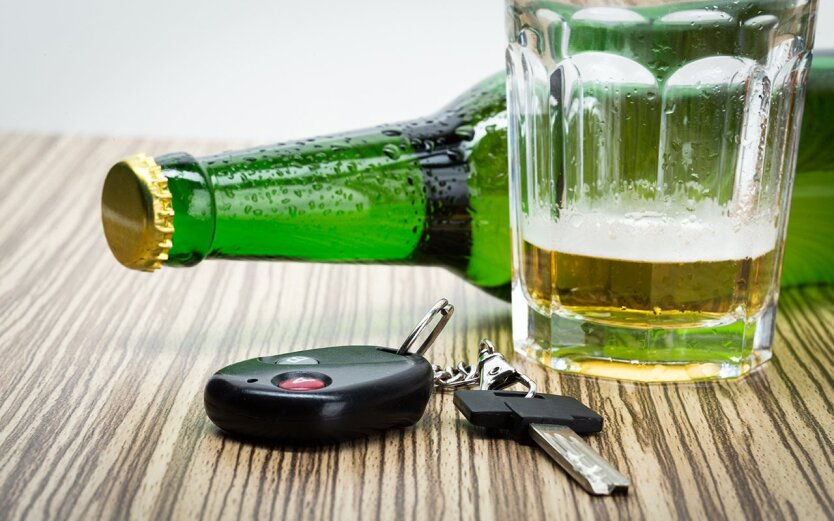Non-alcoholic beer and the law: drivers were informed about unexpected consequences.


Among drivers, the choice of non-alcoholic beer is becoming popular, allowing them to enjoy the taste of a drink without breaking the law. However, according to 'Avtotemy', this choice can be dangerous, more dangerous than it seems at first glance.
Despite the name 'non-alcoholic', this drink still contains a certain amount of alcohol – from 0.05% to 0.1%. The reason for this is the natural fermentation process. Narcologists and law enforcement officers warn that even such a minimal concentration of alcohol can affect the results of an alcohol test, especially if it is checked immediately after consuming the drink.
The body needs at least 15-20 minutes to process even a small amount of alcohol. This period can significantly increase if a person drinks several cans of non-alcoholic beer or has individual metabolic characteristics. As a result, during testing, the alcohol tester may register the presence of alcohol in the driver's body.
“Even the minimal amount of alcohol can affect the test result if the driver has just consumed non-alcoholic beer,” experts warn.
If the alcohol tester shows the presence of alcohol, the driver may be sent for additional checks or a medical examination. In some cases, these situations may have legal consequences, regardless of how confident the driver is in their sobriety.
Therefore, when choosing non-alcoholic beer and getting behind the wheel, it is worth remembering the potential risks and possible legal problems due to the presence of alcohol that the alcohol tester may detect.
Previously, we reported on why drivers in Poland pay 85 times more than in Ukraine.
Read also
- Gazprom filed another lawsuit against Naftogaz
- Ukraine and Italy prepare specific recovery projects
- A new coronavirus has been discovered in China that could cause a pandemic
- The EU explained what prevents them from 'pressuring' Russia
- Drivers face a 'surprise': fines for speeding will soon change
- Monetary assistance for injury or death of a serviceman: the main mistake named by the TCC, due to which payments are delayed










